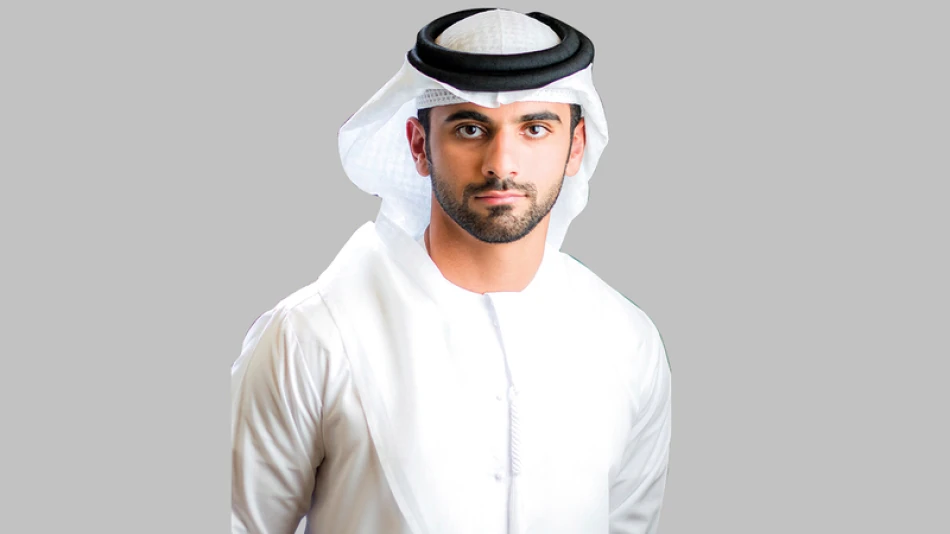
Mansour bin Mohammed Backs Sheikh Jouaan bin Hamad's Bid for Asian Olympic Council Presidency
UAE Backs Qatar's Bid for Asian Olympic Leadership in Strategic Sports Diplomacy Move
The United Arab Emirates has thrown its full support behind Qatar's Sheikh Joaan bin Hamad's candidacy for the presidency of the Olympic Council of Asia, marking another chapter in the Gulf states' expanding influence over international sports governance. The endorsement reflects the UAE's broader strategy of leveraging sports diplomacy to strengthen regional partnerships and project soft power across Asia.
High-Level Endorsement Signals Regional Unity
Sheikh Mansour bin Mohammed bin Rashid Al Maktoum, President of the UAE National Olympic Committee, announced the backing through his official social media channels, emphasizing the Emirates' commitment to supporting "brotherly nations" in their pursuit of regional and international sports leadership positions.
"We affirm our full support for Sheikh Joaan bin Hamad's candidacy for the presidency of the Olympic Council of Asia, given his competence and ambitious vision for developing Asian sports," Sheikh Mansour stated, highlighting the candidate's qualifications and strategic outlook.
Strategic Implications for Gulf Sports Influence
Building on Qatar's Sports Legacy
Sheikh Joaan's candidacy comes on the heels of Qatar's successful hosting of the 2022 FIFA World Cup, which demonstrated the nation's capacity to manage large-scale international sporting events. His leadership experience includes serving as President of the Qatar Olympic Committee and playing a pivotal role in the country's sports infrastructure development.
UAE's Sports Diplomacy Playbook
The UAE's endorsement aligns with its established pattern of using sports as a diplomatic tool. The Emirates has successfully hosted Formula 1 races, UFC events, and various Asian Games, while positioning itself as a neutral venue for international competitions. Supporting regional candidates for key sports positions extends this influence into governance structures.
Impact on Asian Olympic Landscape
The Olympic Council of Asia oversees sports development across 45 member nations, making its presidency a significant position for shaping regional athletic policies and resource allocation. With Asia's growing economic clout and sporting ambitions ahead of multiple upcoming Olympic Games in the region, the leadership role carries substantial weight.
The UAE-Qatar collaboration in this context is particularly noteworthy given the recent resolution of the Gulf diplomatic crisis that saw relations normalized in 2021. Joint support for international sports positions demonstrates how quickly former adversaries can become strategic partners when mutual interests align.
Broader Regional Dynamics
This endorsement reflects the Gulf states' coordinated approach to international sports governance, similar to their strategies in other sectors like aviation and finance. By supporting each other's candidates, they maximize their collective influence over decision-making bodies that affect regional sporting development and major event hosting rights.
The move also positions both nations favorably for future Olympic hosting bids, as demonstrated leadership in continental sports governance often translates to credibility in International Olympic Committee circles. With Saudi Arabia actively pursuing the 2034 World Cup and various Olympic ambitions across the Gulf, such strategic positioning becomes increasingly valuable.
Most Viewed News

 Sara Khaled
Sara Khaled






